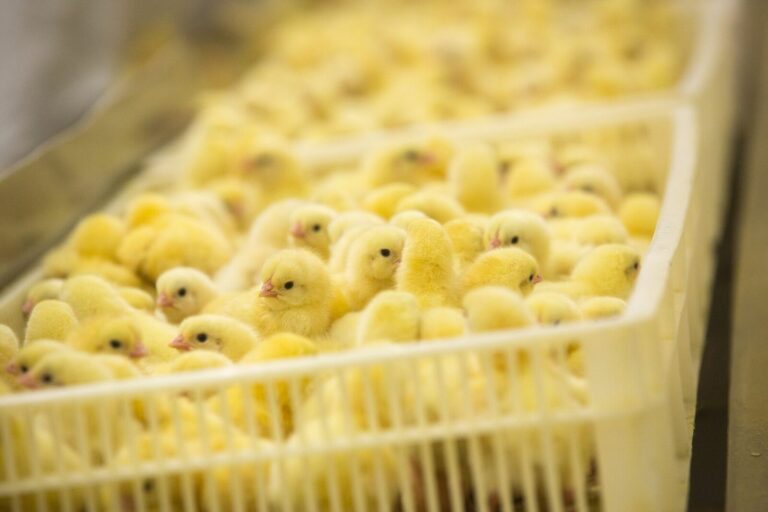Defra should publish a sector-by-sector analysis of the impact of Brexit before the publication of the Agriculture Bill.
That is one of the key recommendations and findings of the EFRA Committee’s latest inquiry Brexit: Trade in Food, which was published on 18 February.
The report identifies the scale of the unprecedented challenges Britain’s food supply chain and consumers could face from a poor Brexit outcome.
EFRA Committee chairman Neil Parish, MP, will discuss the report in detail during a dedicated session at NFU Conference 2018 on Tuesday afternoon (20 February).
Among the findings, the report states:
- The UK has an international reputation for high animal welfare, environmental and food standards. These must not be sacrificed on the altar of cheap imports. Doing so could undermine the premium British brand and might affect our ability to negotiate trade deals with other countries. We will hold the Secretary of State to his assurances that there will be no compromise on animal welfare, environmental and food standards.
- The Government must make it clear to industry how it intends to deal with potential regulatory divergence with the EU, and the mechanisms it will put in place to track divergence in the future.
- The Government must ensure that protected geographical indicators are retained in a similar form after the UK leaves the EU.
- It is imperative that the Government invest in IT systems to support a more efficient export certification process in order to minimise delays to trade.
- Non-British EU veterinary surgeons are critical to the UK veterinary workforce. The Government must set out how it intends to ensure working rights for non-British EU vets currently working in the UK and to support the veterinary workforce going forward to ensure that it can meet the needs of the UK’s food industry in the future.
- Delays at border inspection posts lead to increased costs, and are a threat to perishable goods. It is imperative that the Government sets out how it intends to ensure that the right IT systems and infrastructure are in place for the import and export of agricultural produce so that businesses can continue to trade smoothly with Europe, including the Republic of Ireland, and the rest of the world.
NFU chief EU exit and international affairs adviser Gail Soutar said: “The EU is the UK’s most significant trading partner and is likely to remain so for many years to come. Yet the Committee has rightly recognised that the Government cannot guarantee a free trade deal will be reached with the EU. The Government must stop entering into these negotiations focused on “red lines” and instead engage in constructive talks that aim to conclude the best possible outcome for British jobs and growth.
“The NFU fully endorses the Committee’s findings that there would be significant impact on Britain’s farmers and domestic food supply chain if the UK government pursued an approach of unilaterally reducing tariffs. The Committee is clear that the effect would “put many UK farmers out of business and render the UK dependent on imported food” and that “liberalisation of barriers could possibly lead to cheaper imports, produced to lower welfare standards, and damage British producers”. Such an outcome would be bad news for British farmers and for British consumers.
“The NFU looks forward to hearing the response from the Government and in seeing the detail of the forthcoming Command Paper which will shape the Agriculture Bill. It is essential that Government action is underpinned by a strong evidence base and therefore the Committee’s calls for a sector by sector impact assessment is much welcomed.”
More details of the report can be found here: https://publications.parliament.uk/pa/cm201719/cmselect/cmenvfru/348/34803.htm


